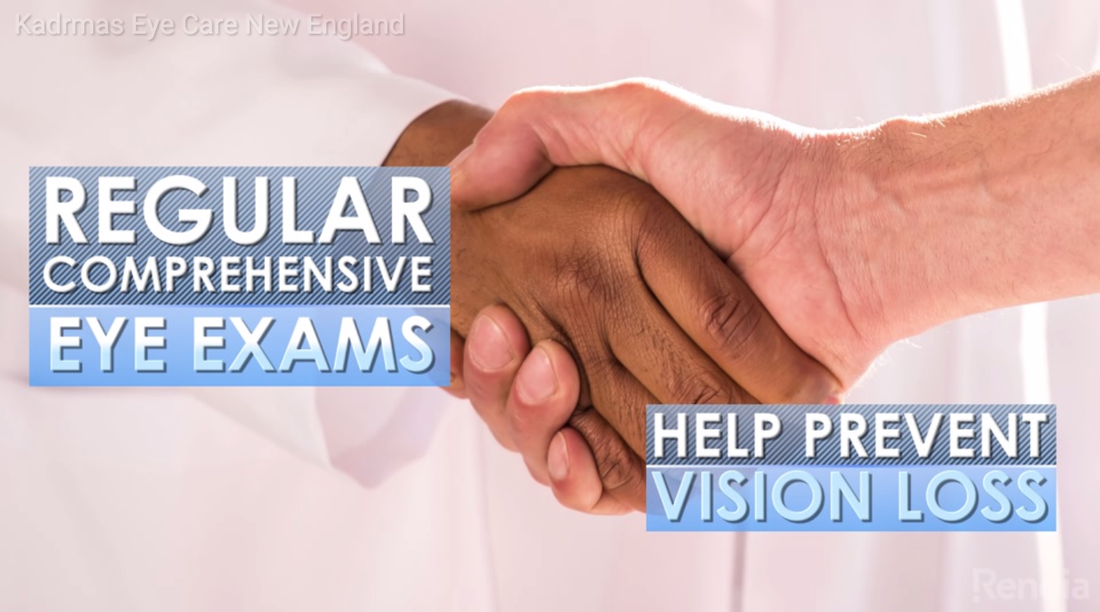The good news is yes. The following is a list of ways in which you can prevent and control diabetic eye disease and diabetic retinopathy:
It is important to note that these ways to protect your eyes from diabetes and diabetic eye disease should be looked at in combination. One of these alone will not prevent or control progression of diabetic eye disease and diabetic retinopathy, but together, they might. If you have any questions about ways to prevent and control diabetic eye disease and diabetic retinopathy or you are due for an eye exam or appointment, please call our office at 508-746-8600 to schedule an appointment with one of our ophthalmologists who specializes in diabetic eye disease: This wraps up our discussion of diabetic eye disease. For more information, please call us at 508-746-8600 or visit the following links: Comments are closed.
|
EYE HEALTH BLOGCategories
All
Archives
July 2024
|
|
Kadrmas Eye Care New England
55 Commerce Way, Plymouth, MA 02360
14 Tobey Road, Wareham, MA 02571 133 Falmouth Road (Rt 28), Mashpee, MA 02649 |
Phone Number:
1-508-746-8600 Hours: Monday through Friday — 8 AM – 4:30 PM |


 RSS Feed
RSS Feed
